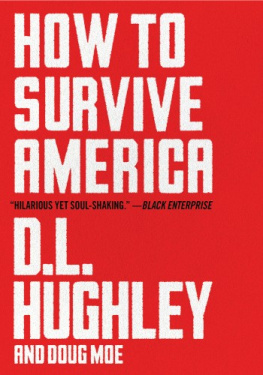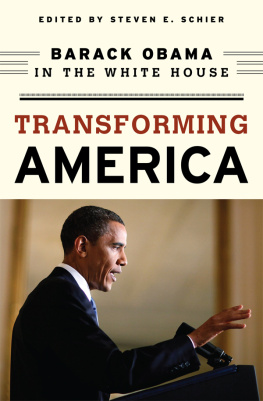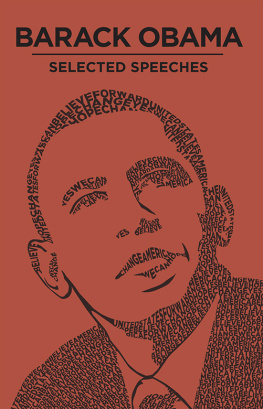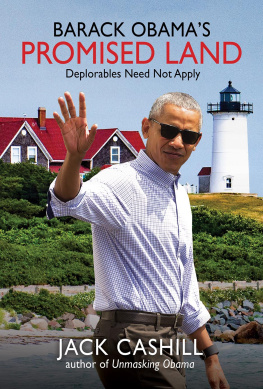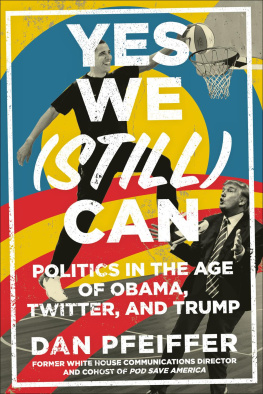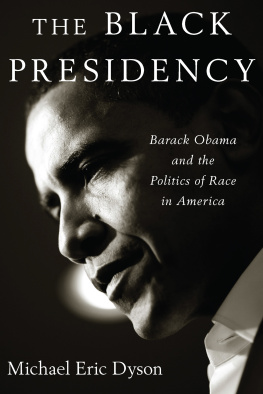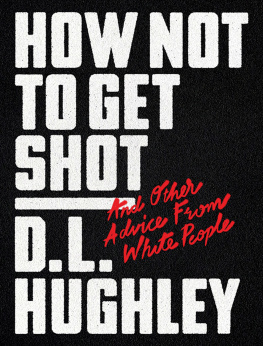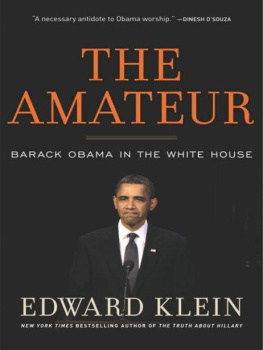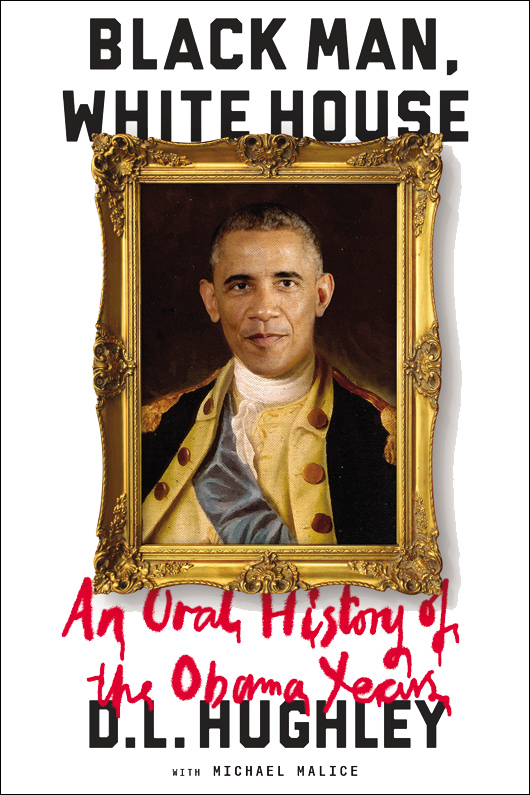PRESIDENT BILL CLINTON: Who the heck is this nigger? Thats the thought that kept going through my head. Im sitting there, watching Barack Obama give his keynote speech, and Im wondering who the heck is he? Where did he come from?
HILLARY RODHAM CLINTON: It was an honor watching that speech. It was like the culmination of Martin Luther Kings dream, which so inspired me as a young girl and throughout my life, and as the proud wife of our first black president.
BILL: Ive had a very long career in politics. Ive seen more political speeches than I can count. And as amazing as watching that speech was for those seeing it on televisionand I watched it again on tape, just to be sure I wasnt being crazyit was that much more impressive live. It was almost as good as one of my own speeches. Thats how good it was.
HILLARY: First. We were the first. Remember that. First.
BILL: Yes, the South is still very clearly informed by racism, both past and present. Little Rock, site of the legendary battle over desegregation, is in Arkansas. Orval Faubus was our governor only a decade before me. But Ive been around black people all my life. Being the fat son of a single mother didnt exactly catapult me into the ranks of the plantation class. Ive always felt more comfortable around what we called colored people when I was a kid. They were the ones who treated me fairly and equally.
HILLARY: Yeah, me too.
BILL: At the same time, I was always very consciously aware that the color of my skin allowed me certain opportunities that my friends would never have. And I felt that that was wrong. It was unfair and it was un-American. So as I went to college and then to law school, and later when I became governor and president, those inequities were always something that I worked hard to change.
HILLARY: I also did that, worked hard to change those things. I agree.
BILL: Political conventions are opportunities for the two major parties to demonstrate who they are and what they stand for. They show clearly who they consider to be important in America. Is it the wealthy CEO who simply wants moreor is it the fair-minded businessman who is comfortable making a healthy profit while paying his workers a fair wage? Nowhere is the difference between the two parties as stark as when it comes to race. Democrats have black speakers who have earned their speaking slots. Jesse Jackson had a few hundred delegates going into the 1984 convention and over a thousand in 1988. When Republicans have a black speaker, most of the time they are only there because of the color of their skin. Its just one congressman out of a few hundred, with nothing noteworthy except that he looks a little darker than John Boehner.
HILLARY: I was just saying the exact same thing the other day, only more so.
BILL: But lets be frank: Most of these speeches are interesting, but they are not really captivating. Theres a little bit of preaching to the choir. Yet Barack Obamas speech was different. There was an enormous amount of hype leading up to it. He was being touted as a rising star of the party, even though he hadnt even been elected to the Senate yet. But it really was captivating. He hypnotized that crowd like nothing I had ever seen. My jaw was on the floor. Where did he come from? How did I not know of this amazing, singularly talented young man who would one dayI thoughtfollow Hillary into the White House?
HILLARY: F-o-l-l-o-w. Follow.
MICHELLE OBAMA: You know, I was more nervous than Barack was that night. Thats not to say that he was totally calmhe wasnt, of coursebut there were many times that Id seen him more on edge. When Sasha and Malia were being born; of course, everyones excited during those moments. Or when he spoke to my parents about us getting married. But Barack knew that keynote speech inside and out. He wrote it himself, in his own words. He was going to be introducing himself to America. Rather than nerve-racking I think he thought of it as exciting.
JOHN KERRY: I had a smile from ear to ear. I knew that I had made the right choice for keynote speaker as Barack Obama went up there, hitting line after line. It was like a baseball player just knocking out one home run after another. Maybe if I made some other choices as well as that one, then I would have been elected president. Who knows? I do hope that people remember my campaign for introducing Obama to Americaand forget that I introduced John Edwards to them. I guess thats what he meant by the audacity of hope, right? Ha, ha.
JOHN EDWARDS: I dont know what everyone is so bothered about. Its not like I forced my baby momma to get an abortion.
RAHM EMANUEL: How would I rate his speech? Come on, it was a total slam dunk. That was an A+ performance.
MITCH McCONNELL: In terms of substance, Id give it a C, C-. In terms of delivery, it was objectively an A all across the board, both in terms of Obama personally and in terms of the Democratic ticket. And politics is far more about delivery than substance. That speech made us all very nervous, because I knew he was firing up the Democratic base.
KERRY: No presidential candidate wants to be overshadowed by some other convention speaker, but everyone remembers Obamas speech and unfortunately no one really remembers mine. So he gets his A, his gold star. He earned it fair and squareas Im reminded every single day when I go to work as his secretary of state. Literally, I remember it every day.
VICE PRESIDENT DICK CHENEY: Didnt watch it. If I wanted to hear liberal claptrap, Id phone up Romney.
HILLARY: Eh, Id give it a B. Ive heard better. I mean, come on, it wasnt exactly the Emancipation Proclamation. Its, like, what else you got?
BILL: I might not have known who that nigger wasbut I knew that he sure had something.
MICHELLE OBAMA: Getting Barack elected to the Senate was hardly a foregone conclusion. I dont know that he could have gotten elected in another state, but Illinois had a couple of things in our favor. First, its very blue. That meant that, all things being equal, the Democratic candidate began with an advantage. Second, Carol Moseley Braun had become the first African American woman ever elected to the United States Senate. That proved that Illinois was ready to vote in another black candidate.
DAVID AXELROD: Ready and willing are very different things in politics. Just because Carol had been elected once didnt mean that Barack would be. Remember, she was also defeated for reelection. Illinois might be a blue state, but it still had a history of sometimes electing Republicans to the Senate. Most importantly, however, the fact that it was so blue meant that there was a huge primary on the Democratic side. It actually ended up being the most expensive Senate primary in history.
MICHELLE: All eyes were on Carol to see if she was going to run again against Senator Peter Fitzgerald, who had beaten her in 1998.
CAROL MOSELEY BRAUN: Ive always thought that you should set your sights high and aim big. If I didnt do that, I would never have considered myself electable to the Senate as a womanand, especially, as a woman of color. So I did consider running again. I knew it would be a tough fight, since the voters had already voted against me. Psychologically, that would have made it easy for them to vote against me again. So I thought, You know what, Carol? If youre going to run and lose, why not run and lose for the highest office? So I decided to run for the White House instead. And I did run. And I did lose. And I dont regret it for a minute!


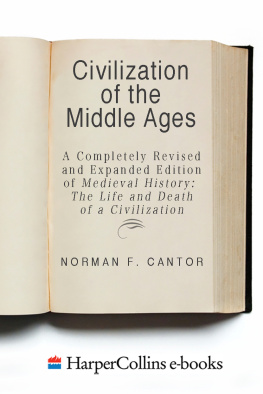

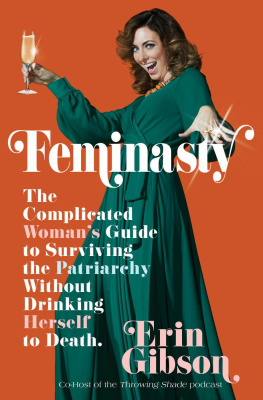

![Blackstone Audio Inc. - The politically incorrect guide to the presidents: [from Wilson to Obama]](/uploads/posts/book/167736/thumbs/blackstone-audio-inc-the-politically-incorrect.jpg)

